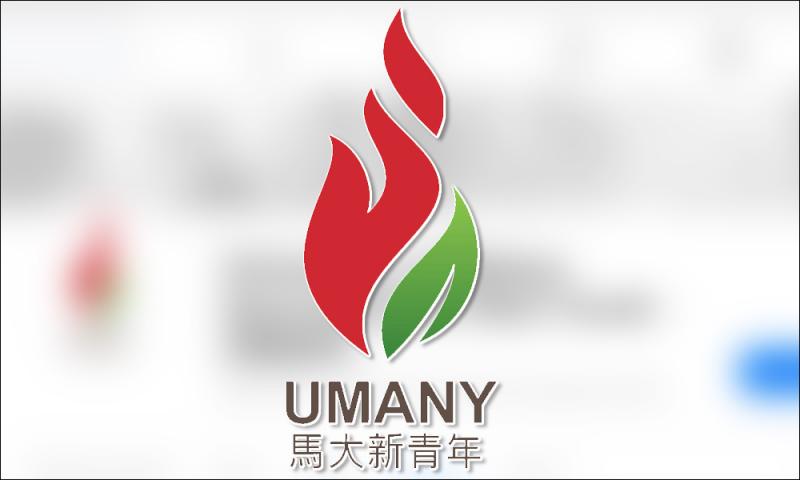LETTER | Over the past week, the Education Ministry has made several announcements regarding matriculation and pre-university programmes, including the 10A announcement and the provision of allowances for STPM students.
However, Universiti Malaya Association of New Youth (Umany) believes that without a unified entrance examination system, these announcements will only worsen the inequities in university admissions.
We must recognise the pitfalls of short-term fixes on the path to higher education reform.
Following Prime Minister Anwar Ibrahim’s announcement that all students scoring 10As in SPM can enter the matriculation programme, Education Minister Fadhlina Sidek also stated in Parliament that 712 remaining 10A students who have not yet entered the matriculation programme will be admitted by the third week of August.
This will allow them to choose between UPU and matriculation once the UPU results are announced in the second week of August.
Firstly, Anwar made the 10A announcement before the first matriculation appeal results were released. However, after the official release, not all eligible students were admitted into the matriculation programme.
Even though Minister Fadhlina later assured that the promise would be fulfilled, the government did not immediately enrol all 10A students, instead delaying for more than a month.
This is suspicious. In reality, SPM 10A students, the top students in the country, are unlikely to choose UPU over matriculation.
Umany believes that the so-called “offer of choice of UPU” is merely a deceptive tactic. The government’s delay is an attempt to divert some 10A students to UPU to reduce the number of students in the matriculation programme, thus concealing the fact that current matriculation colleges cannot accommodate all students.
Previously, Deputy Education Minister Wong Kah Woh stated that the ministry is considering providing allowances for STPM students to ensure that STPM becomes the preferred choice for more students.
The reason for the low enrolment in STPM has never been about allowances but the unfair university admission system that prioritises matriculation students over STPM students.
Umany is extremely disappointed with the government’s approach to merely quelling public opinion with money instead of undertaking any higher education reforms.
STPM, with its high-quality syllabus and international recognition from universities like the University of Cambridge, should be highly regarded by SPM graduates.
However, local public universities’ preference for matriculation and Asasi students, who face less challenging curricula, while often rejecting STPM graduates, has disheartened many STPM students.
Consequently, many students are forced to opt for expensive local private universities or pursue education abroad.
For instance, according to official data from the Education Ministry, during the 2018/2019 academic year, only three percent of matriculation students failed to enter public universities, compared to 27 percent of STPM applicants who were unsuccessful.
Many STPM students could not even secure their preferred courses.
Despite the considerable effort and time invested in obtaining an STPM certificate, even top scorers cannot be assured a place in public universities. This blatant unfairness is the primary reason students are hesitant to enrol in STPM.
Umany believes the ministry is well aware of this issue and understands that mere allowances cannot resolve the challenges faced by STPM students compared to career prospects. However, the Ministry still chooses to ignore the problem, showing no willingness for reform.
Umany asserts that the only solution to encourage more enrollments in STPM and to reform higher education is to standardise the university admission mechanism by abolishing the current matriculation programme and unifying the pre-university curriculum.
There are two reasons for this:
First, the establishment of the matriculation programme contradicts the purpose of education.
Education aims to cultivate talent, not to protect specific groups. The racial quota system in education deviates from this goal.
For over a decade, the 9:1 racial quota in matriculation remains unchanged, continuously neglecting non-bumiputera students with flying colours results and infringing on their opportunities to enter the matriculation programme.
The recent populist 10A Announcement further marginalises STPM students, pushing them into despair.
Second, the curriculum and examination standards of the matriculation programme are not on par with the pre-university level, being relatively easier compared to internationally recognised pre-university programmes.
Despite public universities claiming to use the same selection criteria of 90 percent academic and 10 percent extracurricular achievements, the difficulty and scoring systems of the two programmes are vastly different.
For example, matriculation students’ academic scores are divided into 60 percent group projects and continuous assessments with only 40 percent final exams, whereas STPM students' grades depend solely on final exams.
In terms of extracurricular activities, matriculation students’ activities are national-level due to the diverse states they come from, whereas STPM students’ activities are mostly at the college level, making their scores harder to achieve.
This puts students from both systems at entirely different starting points.
Therefore, Umany believes that if the Education Ministry aims to create a transparent and effective higher education selection system, unifying the university admission mechanism is the only solution.
By adopting the same curriculum and scoring system for all pre-university students, the government can once and for all address the existing inequalities in Malaysia’s education system.
Umany contends that distributing allowances cannot solve the problem. If the government is genuinely concerned about the future pillars of the nation, it should abolish the racial quota system, unify a high-quality university entrance examination, and ensure that every Malaysian has equal access to education, fostering national unity that transcends racial lines.
The views expressed here are those of the author/contributor and do not necessarily represent the views of Malaysiakini.


